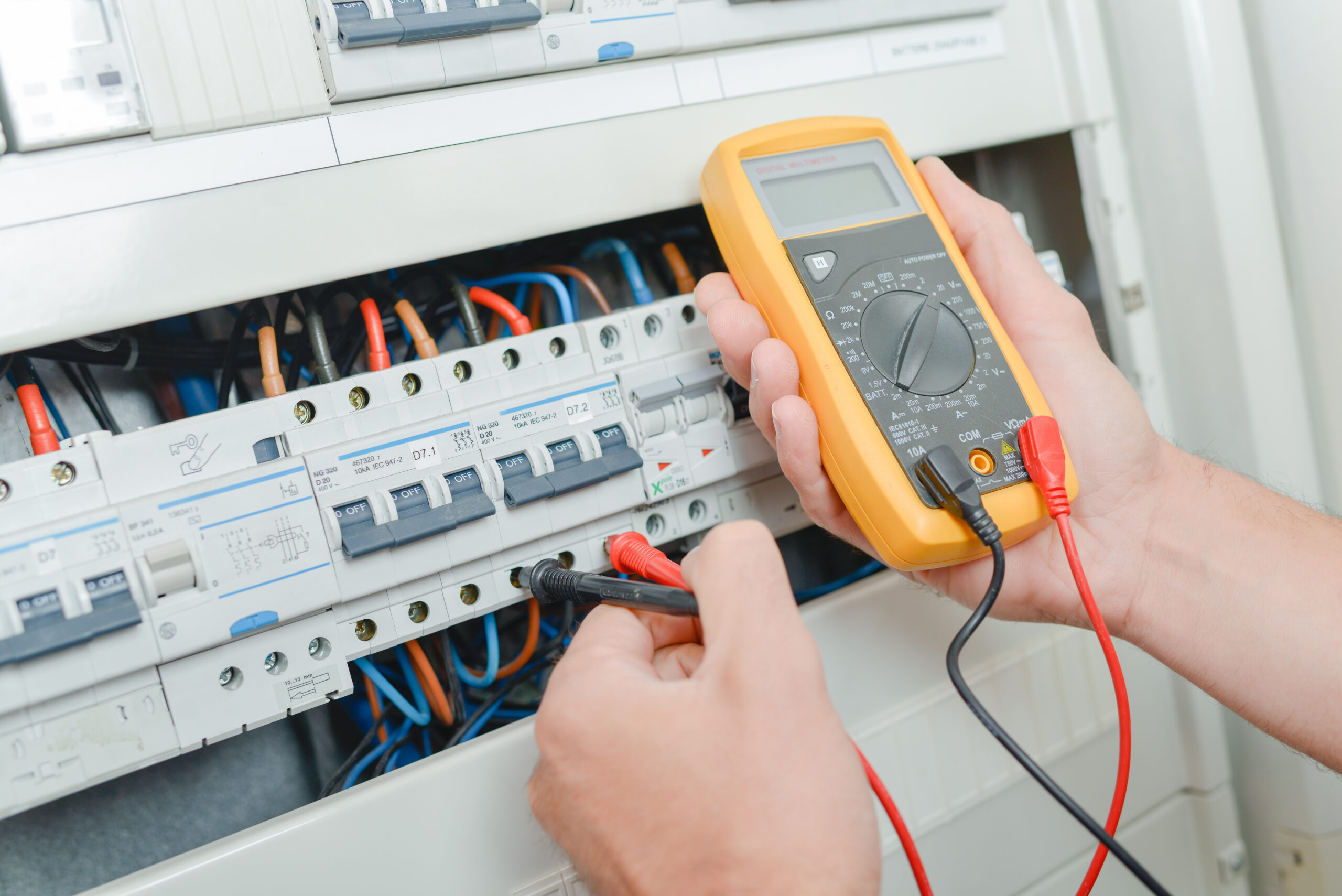The law has required landlords to ensure that a property being rented out privately is electrically safe for a long time, but, as with all regulations, there are regular updates to either deal with loopholes or keep up with current technology or thinking. The most recent Regulations as far as electrical safety are The Electrical Safety Standards in the Private Rented Sector (England) Regulations 2020. In this article we will cover the main points of these new Regulations.

Effective date
The 2020 Regulations will apply in England only and to:
- All new specified tenancies from 1st July 2020
- All existing specified tenancies from 1st April 2021.
A specified tenancy for the purposes of the Regulations is one where the tenancy grants one or more people the right to occupy part or all of the property as their only or main residence, where rent is paid for that occupation. There are, however exceptions to this such as when the landlord is registered and renting out social housing, where the tenant lives with the Landlord, a long lease tenancy (greater than 7 years), student halls of residence, hostels and refuges, care homes and other accommodation relating healthcare provision. As with all exceptions make sure you fully understand what they are before deciding if your rented property is exempt. If necessary, consult a legal professional.
Testing
First and foremost is that a Landlord is legally bound to have the electrics in a rented premises inspected by a qualified person at regular intervals of no more than 5 years. As the regulations are new, however there are some stipulations as to when the first inspection needs to be carried out:
- For new tenancies which commence from the 1st of July 2020 the inspection must be carried out before the tenancy starts
- For existing tenancies, the first inspection has to be carried out by the 1st April 2021.
There are times when an electrical item will need to be tested at intervals of less than 5 years, which will be stated on the testing report. In these cases, the inspection must be carried out within the shortest time given to be compliant.
Reports
It will be a legal requirement to obtain a test report for each inspection which gives the results of the tests and also the next inspection date. The landlord is legally obliged to give the tenant a copy of the report within 28 days of the inspection and to supply a copy to the local housing authority, if they request it, within 7 days of the request. The landlord must also keep their own copy of the report and give it to the person carrying out the next inspection and test.
Additionally the landlord is duty bound to supply the most recent report to a new tenant before the tenancy starts and also to any prospective tenant within 28 days of the prospective tenant making a request. For the purposes of the Regulations, a prospective tenant is someone who requests information to help them decide whether to rent the premises, requests a viewing to help them decide whether to rent the premises or makes an offer to rent the premises.
Remedial Action
Where the inspection report highlights a deficiency in the electrical installation which means that the landlord is in breach or potentially in breach of the Regulations then further investigative or remedial work must be carried out by a qualified person within 28 days or less if the report states the work needs to be carried out sooner.
Once the work has been completed then the same reporting requirements as for the initial inspection come into force and a report is required, within 28 days, stating that the work has been completed and the electrics are compliant. This must be submitted to the tenant and a copy kept by the landlord.
If the remedial inspection shows that more investigation is needed, then this further investigation must occur within 28 days with any remedial work identified should then be completed within 28 days after that.
The Regulations give the Local Housing Authority the power to enforce compliance with remedial action or to even carry them out themselves and recover the costs from a landlord.
Penalty for non-compliance
The Regulations allow the local Housing Authority to impose a financial penalty if they believe a Landlord is not complying with the Regulations. This penalty can be up to a maximum of £30,000.
The new Electrical safety Regulations place a significant burden on a landlord to ensure that their premises are electrically safe but also in terms of ensuring they carry out reporting and remedial works in a timely manner. The penalties for non-compliance can be significant so it makes sense for Landlords to ensure that they understand the regulation fully and comply with them. If you are unsure then talk to one of our local property experts, we are happy to help.






